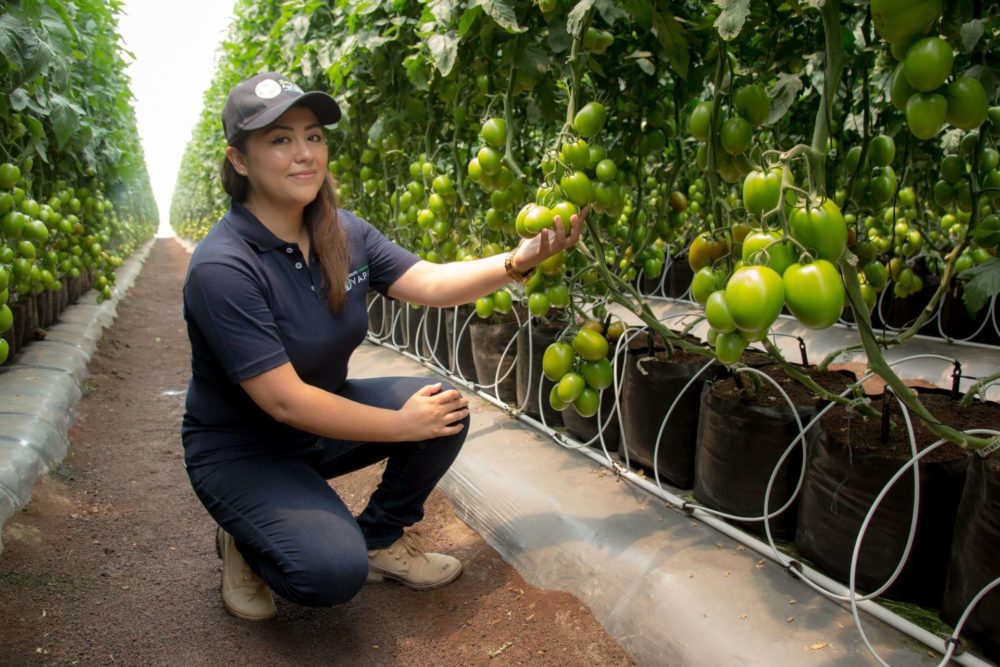Temasek has acquired a majority stake in Israeli irrigation tech company Rivulis. The Singapore sovereign fund now owns approximately 85% of Rivulis, having taken control of stakes previously held by Israel’s FIMI Opportunity Funds and the US’s Paine Schwartz Partners. The dollar value of the deal was not disclosed.
Rivulis’s current senior management team will continue to run the business, with Temasek president Gregory Curl becoming chairman of its board of directors. Erez Meltzer, a veteran senior executive in Israeli industry who previously served as president and CEO of Netafim — a Tel Aviv-based irrigation tech company acquired by Mexico’s Orbia in 2018 — has been appointed vice chairman.
“Water-efficient, environmentally sustainable technologies such as micro-irrigation are needed to holistically address global food and water security challenges. With the support of our forward-looking, generational investors [we] are excited to enter Rivulis’ next chapter [and] become a global sustainability champion,” CEO Richard Klapholz said in a statement.
Previously known as Plastro, Rivulis claims to offer the world’s “broadest portfolio” of micro-irrigation solutions to the agriculture, horticulture, landscaping, and mining industries. Its most recognized product brands include T-Tape, Ro-Drip, D5000 PC, Supertif, Eolos, and Eolos Compact. More recently it has moved into developing irrigation systems for greenhouses and soilless ag, and is able to provide an end-to-end service including design, financing, installation, support, and logistics.
Plastro was founded on the Gvat kibbutz in 1966 and grew to become the world’s second largest manufacturer of drip irrigation equipment after compatriot Netafim.
In 2008, US heavy equipment maker John Deere acquired a majority stake in the company, selling it to FIMI Opportunity Funds as part of a wider $60 million deal in 2014. Three years later and after rebranding to Rivulis, it merged with Greek competitor Eurodrip.
Today, Rivulis employs around 2,000 people across 16 manufacturing and distribution facilities and seven design centers worldwide. It also has R&D centers in Israel, Greece, and the US.
“In the face of rising uncertainty from the impact of climate change and increasing pressure on scarce water resources, it is fundamental to provide growers with effective answers to these challenges through a demonstrated reduction in water consumption and increased, stable yields,” Curl said in a statement.
“Rivulis, with its track record in innovation and its global manufacturing footprint and distribution network, is well positioned to lead the rapid adoption of sustainable irrigation solutions and support the growth of the industry.”
Temasek has been upping its investments in agrifoodtech in recent years. According to AgFunder research, it was the fourth most active investor in agrifoodtech startups last year – the first time it had appeared among the top 10. [Disclosure: AgFunder is AFN‘s parent company.]
Israel’s SeeTree just raised $30m in Series B funding as part of a deal which will see it partner with Netafim on tree monitoring tech. Read more here
At an event last month, Temasek’s managing director for agribusiness Anuj Maheshwari and senior director for enterprise development Yeoh Keat Chean gave an overview of the sovereign fund’s growing agrifood portfolio.
They said Temasek had invested almost $5 billion in the sector over the past five years, backing about 40 companies ranging from cutting-edge, deep-tech startups like Pivot Bio and Tropic Biosciences, to the new wave of alt-protein brands like Impossible Foods and Perfect Day – as well as established global agribusinesses such as Bayer and Olam.
The Covid-19 pandemic, and the chaotic supply chain disruption it caused, has only accelerated Temasek’s activity in the space. In August it linked up with Bayer to establish Unfold, a startup focused on developing seed varieties for vertical farms. It’s also setting up a dedicated unit to help its agrifood portfolio companies to scale up and get products to market more quickly, as well as a foodtech innovation center in partnership with Singapore’s Agency for Science, Technology & Research.
“Micro-irrigation is a proven, sustainability-promoting technology pioneered in Israel and tested over the decades in many countries across the world. However, adoption remains still in single digits, with huge runway for growth,” Maheshwari wrote in a social media post about the Rivulis deal.
“Today, with the [acquisition of Rivulis], Temasek joins the mission to bring the benefits of this technology to even more growers around the world and help conserve water and improve productivity.”
Following Temasek’s acquisition, the remaining 15% of Rivulis is owned by Indian industrial group Jaya Hind Industries.
Got a news tip? Email me at [email protected] or find me on Twitter at @jacknwellis





